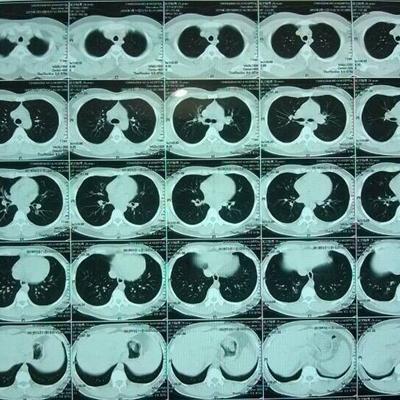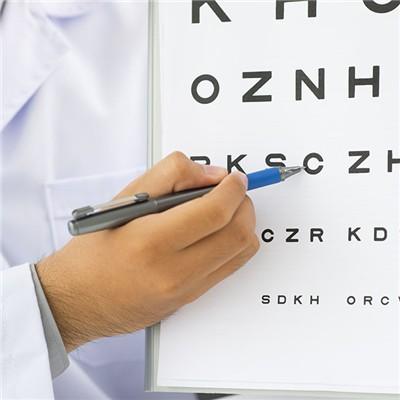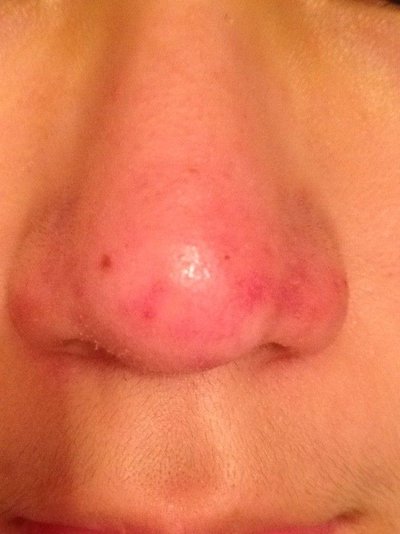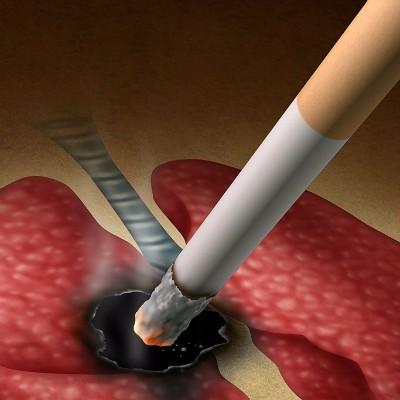The difference of symptoms between enteritis and bowel cancer
summary
Colitis, generally refers to the inflammation of the colon caused by a variety of reasons, and colon cancer is a more common digestive tract malignant tumor in the colon. The types of colitis can be divided into ischemic colitis, ulcerative colitis and pseudomembranous colitis. For colon cancer, it can be divided into adenocarcinoma, undifferentiated cancer, mucinous adenocarcinoma, the general shape is polypoid, ulcerative type, according to the location can be divided into left colon cancer, right colon cancer, sigmoid colon cancer and transverse colon cancer. What's the difference between enteritis and bowel cancer.
The difference of symptoms between enteritis and bowel cancer
The common clinical symptoms of colitis can be abdominal pain, diarrhea, emaciation, fatigue, abdominal distension, insomnia, dreaminess, fear of cold, etc. diarrhea can sometimes appear purulent bloody stool or mucus stool. Patients with mild symptoms average 3 to 4 times a day. Patients with severe symptoms can have dozens of times a day, or diarrhea and constipation appear alternately.

The clinical manifestations of colon cancer may be dyspepsia, abdominal pain, abdominal distension, changes in defecation habits, and mucinous stool or mucopurulent bloody stool. When the tumor in the blood loss, ulceration can appear low fever, fatigue, anemia and other symptoms. Liver metastasis may occur in advanced stage of colon cancer, such as ascites and jaundice.

Colitis is usually treated by blocking inflammation, using antibiotics and improving the patient's immunity at the same time. For the malignant tumor of colon cancer, surgery is generally adopted, chemotherapy, radiotherapy, traditional Chinese medicine and other supportive treatment are carried out at the same time, and a comprehensive plan is formulated to improve the survival rate and quality of life of patients after operation.

matters needing attention
In clinic, all kinds of diseases should be found, diagnosed and treated as early as possible, the clinical symptoms should be controlled as soon as possible, the complications and complications should be prevented, the timing of surgical treatment should be correctly grasped and maintenance treatment should be carried out to prevent recurrence. Only patients actively cooperate with the doctor's treatment can have a good prognosis and recover as soon as possible.
















